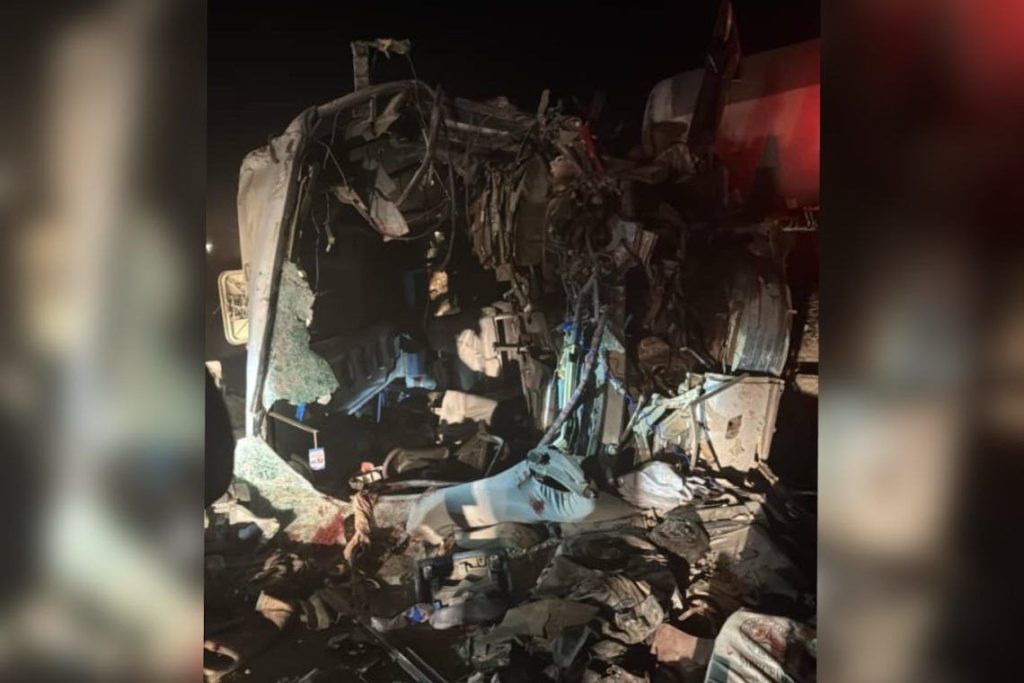A week after devastating floods hit the Murghab district in Ghor province, Afghanistan, residents are still waiting for aid to reach them.
The flood victims have lost their homes, possessions, and means of sustenance, leaving them in dire need of help.
Kabul 24: Mohammad Zaman, a resident of Murghab district, expressed his desperation, saying, “We people are perishing, we have no way out, no bread, no water, and no shelter. If no help comes our way, we will perish.”
Abdul Jalil, another resident, echoed these sentiments, stating, “We are dying of hunger, we have no place and nothing to eat.”
Health Concerns Rise Due to Contaminated Water
The lack of clean drinking water in the aftermath of the floods has led to the spread of diseases among children, particularly pneumonia and diarrhea.
Mohammad Taher, the head of the clinic in Murghab district, confirmed this alarming situation, saying, “The floods that occurred in Murghab district have increased respiratory illnesses and diarrhea.”
Local Officials Warn of Dire Consequences
Local authorities in Murghab district have expressed grave concerns about the lack of clean water and food, which threatens the lives of the flood-affected citizens. Mir Aqa Musleh, the deputy district governor of Murghab, stated, “The problem with the areas that have been damaged is that the water from the Murghab river is contaminated, and there is no access to clean water, nor is there sufficient food.”
Widespread Destruction and Displacement
Abdul Basir Yazdanpanah, a civil society activist, highlighted the extent of the damage and the plight of the displaced people, saying, “People are still displaced; they have lost their homes, land, and livestock. They have no bread to eat, no clean water, and no shelter.”
The recent floods have devastated several districts in Ghor, including Murghab and Charsada. According to local authorities, the floods have claimed seven lives, destroyed nearly 600 homes, and damaged 7,000 jeribs (approximately 1,400 hectares) of agricultural land, dozens of shops, and several water channels.
As the flood victims continue to struggle without aid, there is an urgent need for the government and humanitarian organizations to provide immediate assistance to alleviate their suffering and prevent further loss of life.







